In its effort to enhance literacy, numeracy, and digital learning in public schools, Oando Foundation aims to digitally empower one million children by 2027, reaffirming its commitment to transforming Nigeria’s education sector through its innovative LEARNOVATE strategy.
The Foundation made this known in a recent media engagement, emphasising the urgency of addressing Nigeria’s learning crisis with scalable, evidence-based solutions.
Tonia Uduimoh, head of Oando Foundation speaking on the foundation’s renewed strategy, said; “Education is the bedrock of national development, yet millions of Nigerian children remain on the margins, denied access to quality learning.
We are at a critical juncture now more than ever, we must rethink how we deliver education. LEARNOVATE is designed to provide structured and impactful solutions to these challenges.
By 2027, we aim to empower one million learners with the foundational skills they need to thrive. This is not just about an intervention; it is about transformation, ensuring every child, regardless of background, has the opportunity to succeed.”
LEARNOVATE strategy, according to the foundation, is a five-year initiative designed to enhance foundational learning, digital literacy, and environmental education in public primary schools.
Uduimoh, projecting into 2025, stressed the foundation’s priority of scaling impact through targeted interventions that address Nigeria’s most pressing education challenges.
“In 2025, our priority is expanding key programmes that deliver measurable impact. We are advancing the Clean Our World Initiative Phase V, extending the Climate Action Program to Delta and Abuja, launching the Green Youth Upskilling Programme targeted at youth empowerment for the green economy, and rolling out the School STEAM Project to equip students with essential science, technology, engineering, arts, and math skills.
For early childhood education, we are expanding the LEARNOVATE-SEED (Supporting Early Childhood Education and Development) Project, which supports pre-primary learners through the establishment of Early Childhood Care and Development (ECCD) centres and provision of specialised training for teachers and caregivers on effective pedagogy and child development best practices,” she said.
Moreover, Uduimoh explained that the foundation is also implementing Project Zero, a joint initiative with the Lagos State Universal Basic Education Board (LASUBEB) aimed at mobilising out-of-school children back into classrooms and improving learning outcomes in Lagos State.
Additionally, she highlighted that the pilot phase of LEARNOVATE-FLIP (Foundational learning Improvement Programme) launched late last year, is now active in 80 public primary schools across four states; Ebonyi, Plateau, Sokoto, and Adamawa.
“This pioneering initiative applies evidence-based methods, including targeted use of mother-tongue as mode of instruction for early grade learners, to tackle Nigeria’s learning crisis and improve educational outcomes.
Collectively, these efforts align with Oando Foundation’s broader mission: building a resilient education system that equips learners with the skills to address real-world challenges, drive innovation, and create meaningful change in their communities,” she noted.
The foundation also highlighted its strategic shift toward prioritising foundational literacy and numeracy, STEAM education, green skills development, and education advocacy, critical focus areas aimed at bridging learning gaps and improving learning outcomes, especially in the wake of COVID-19 learning losses and the alarming statistics on learning poverty in Sub-Saharan Africa.
According to a 2024 the United Nations Educational, Scientific and Cultural Organization (UNESCO) report, 773 million adults worldwide lack basic literacy skills, two-thirds of whom are women and 250 million children failing to acquire basic literacy skills.
Of all regions, sub-Saharan Africa has the highest rates of education exclusion. Over one-fifth of children between the ages of six and 11 are out of school, followed by one-third of children between the ages of 12 and 14.
This gap in literacy not only perpetuates cycles of poverty but also hinders the region’s ability to unlock the full potential of its population, limiting both individual and societal growth.
The LEARNOVATE framework is structured around three core pillars, designed to address critical learning gaps and create a sustainable education system; Learning: Mastering foundational literacy and numeracy skills to ensure every student has the essential building blocks for future success, among others.
Besides, the strategy priorities capacity building for teachers and education stakeholders to improve teaching quality and create a holistic approach to learning, incorporating innovative pedagogical methods to enhance classroom experiences and deliver long-term impact.
By integrating these pillars, LEARNOVATE aims to foster a digitally savvy, environmentally conscious generation of young Nigerians prepared to tackle the challenges of tomorrow.
Oando Foundation is an independent charity established in 2011 to support the Nigerian government in achieving its Universal Basic Education goal.
Through the Adopt-A-School Initiative, the Foundation has garnered over a decade long experience and accomplishments, supporting basic education access and quality across 88 adopted schools in Nigeria through an integrated whole-school improvement approach.
Share this post
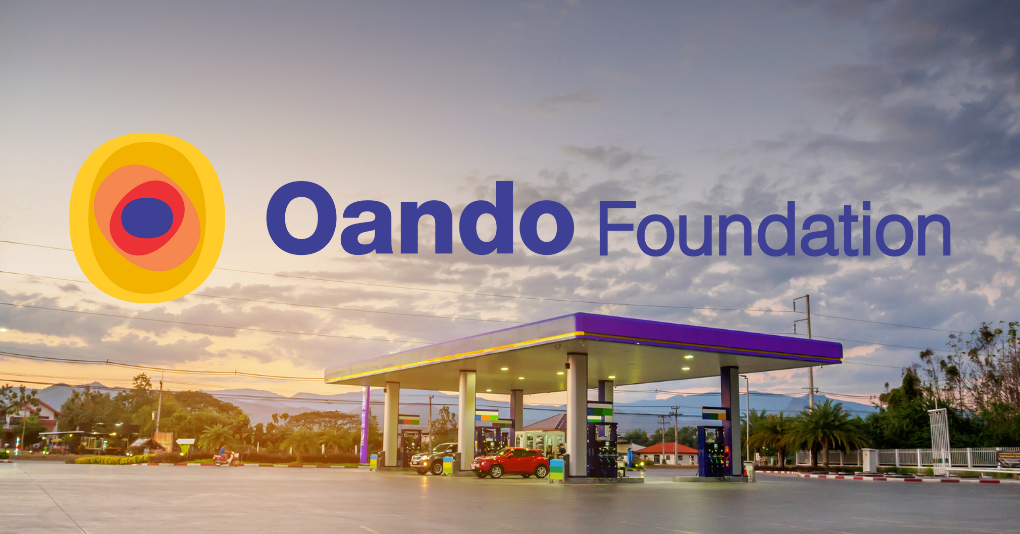
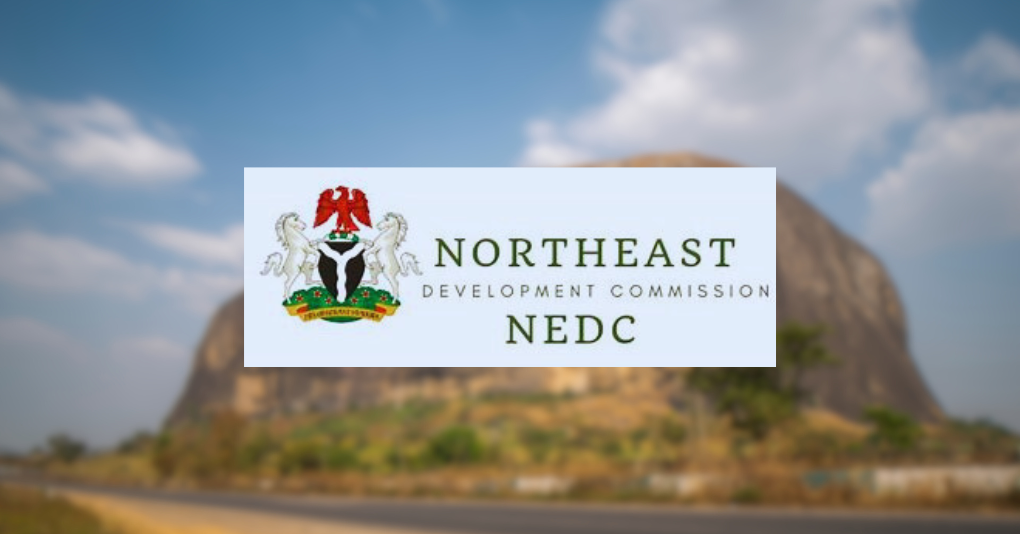
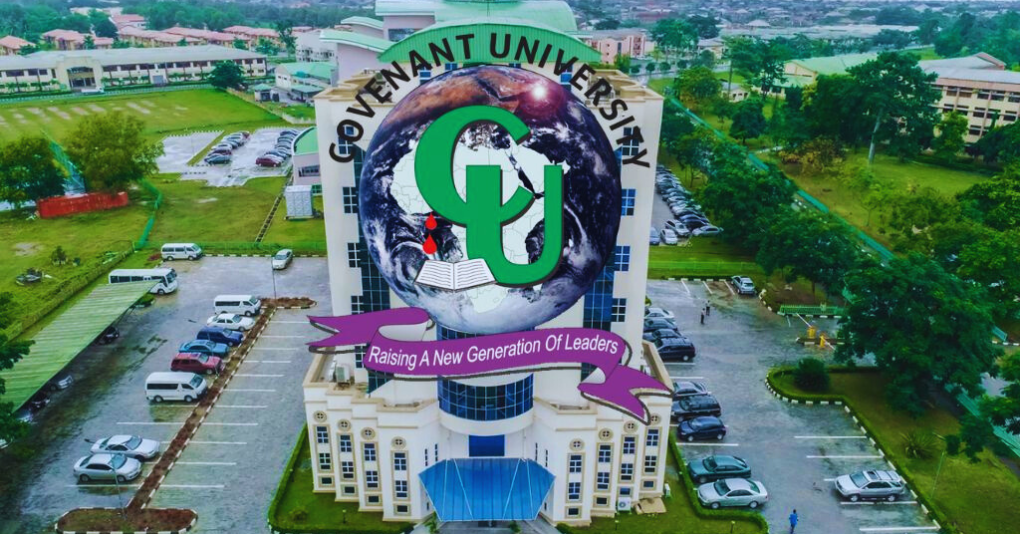
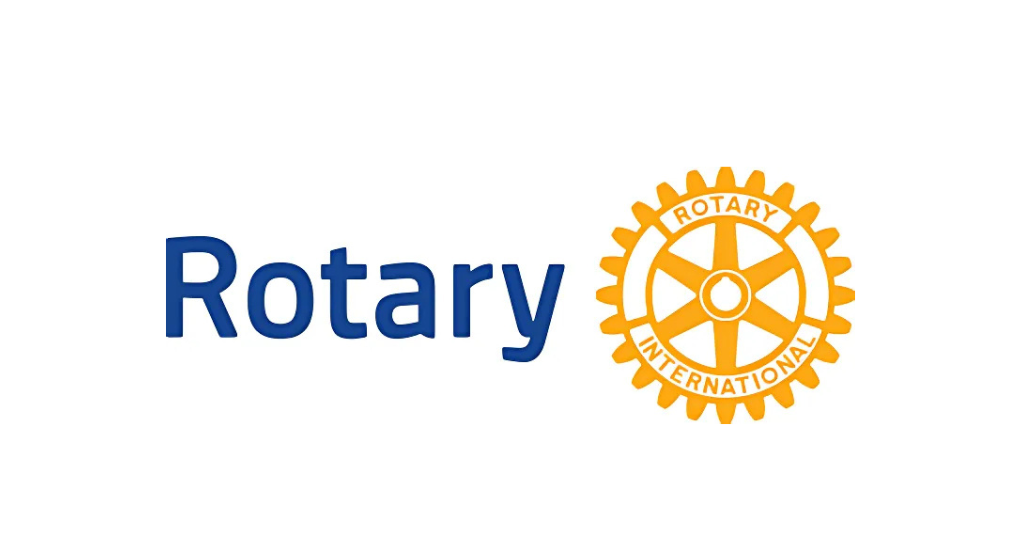
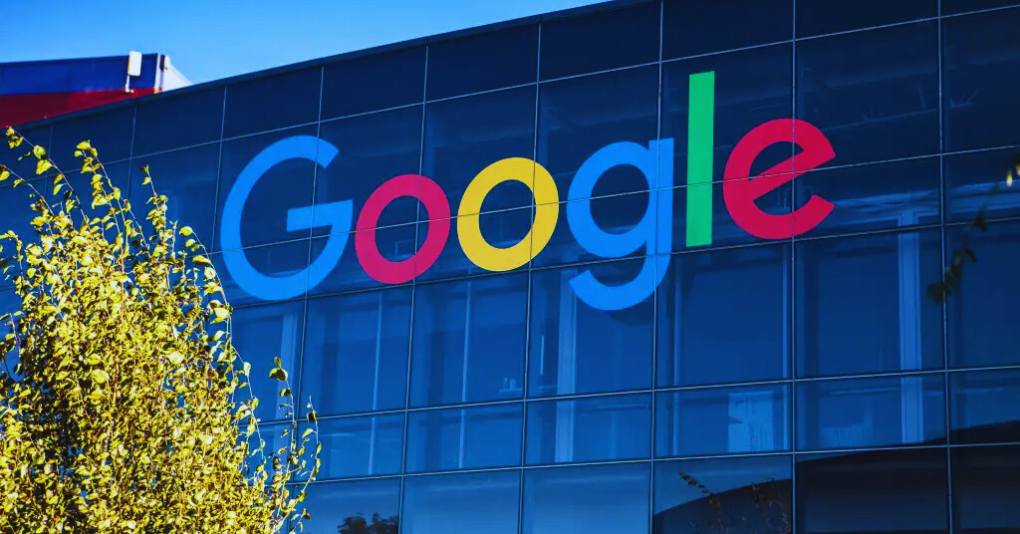
Be the first to comment on this post